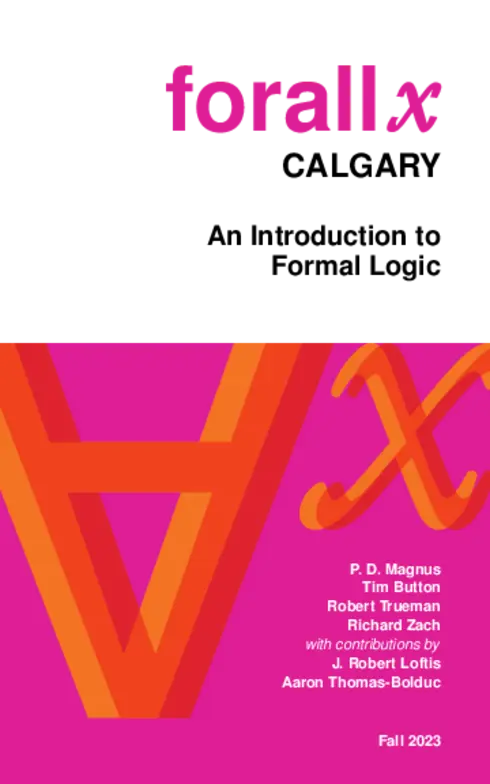Wellbeing, Freedom and Social Justice: The Capability Approach Re-Examined
Copyright Year:
Contributor: Robeyns
Publisher: Open Book Publishers
License: CC BY
How do we evaluate ambiguous concepts such as wellbeing, freedom, and social justice? How do we develop policies that offer everyone the best chance to achieve what they want from life? The capability approach, a theoretical framework pioneered by the philosopher and economist Amartya Sen in the 1980s, has become an increasingly influential way to think about these issues.
![]()
![]()
![]()
![]()
![]()
(2 reviews)









